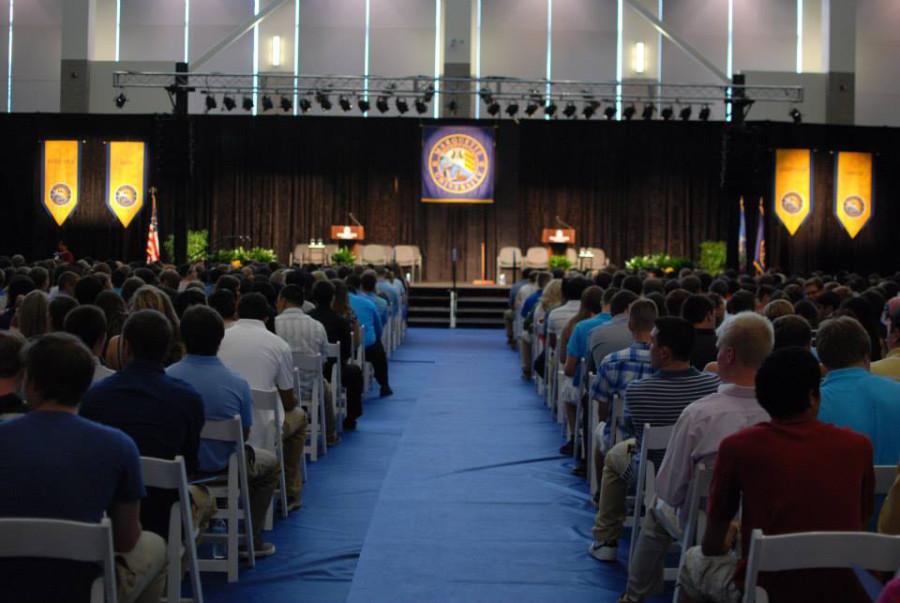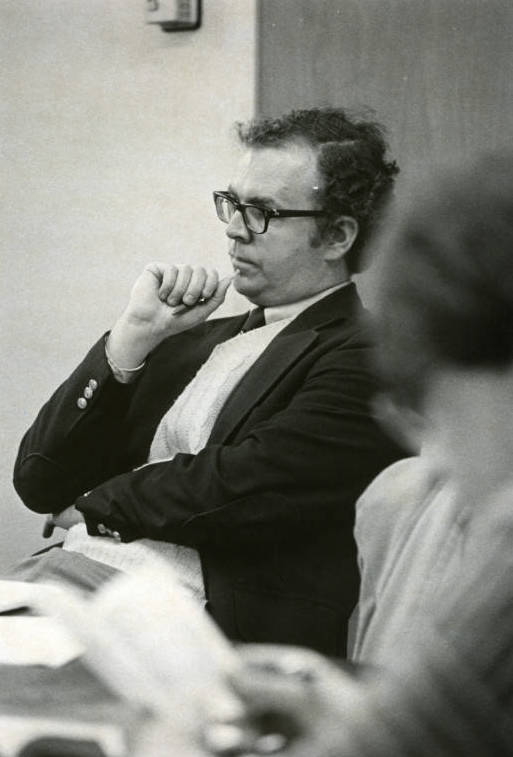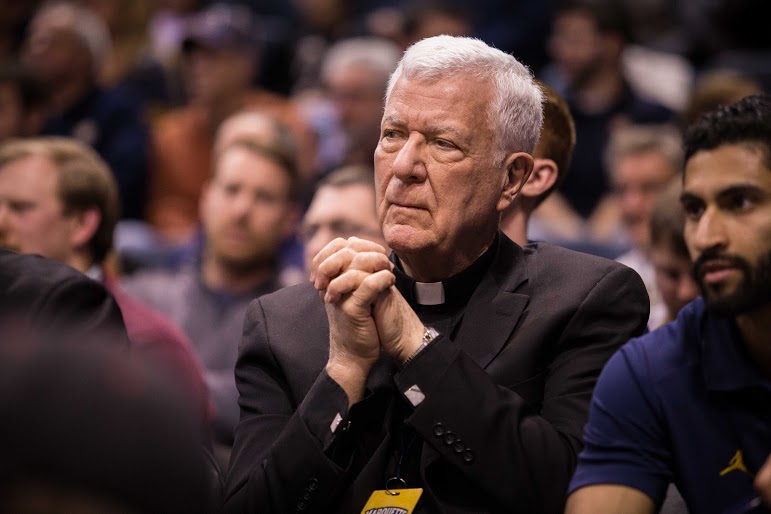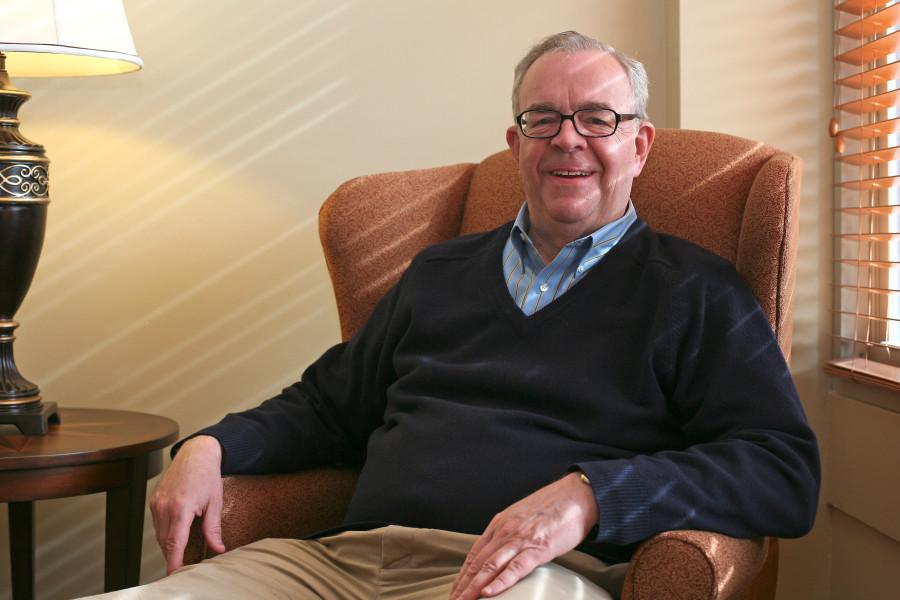
University President the Rev. Scott Pilarz broke five days of silence Wednesday when he sent a campuswide email elaborating on his decision to resign.
Pilarz said that while he has enjoyed his time on campus, prayer led him to realize that he had been a university president at the University of Scranton and Marquette combined for more than a decade, the longest he has every done something in his life.
“I have always been a restless soul,” Pilarz said.
He also cited his parents’ ailing health and Marquette’s need for a president who can commit to a comprehensive capital campaign.
Pilarz should be commended for addressing the student body, but this should have been the first step in announcing his resignation, not an afterthought. In waiting five days to address the student body personally, Pilarz caused undue confusion, speculation and hurt amongst the Marquette community.
In the email to faculty, students and alumni, Pilarz announced that the Rev. Robert Wild, his predecessor, would return as interim president while the university begins its second nationwide search for a president in four years.
Wild is slated to begin as interim president Oct. 16, which means Pilarz will leave almost two months before his original resignation date of Dec. 14.
While Wild is obviously a short-term solution, he is the best of many imperfect, temporary options to lead the university during this time of turmoil. As a past president of Marquette, Wild will hopefully make the transition as smooth as possible. Wild may even come full circle and graduate the senior class he welcomed to Marquette during his final year as president.
Despite the fortune of having a former president serve as interim, the timing of Pilarz’s resignation could not be worse. Pilarz’s resignation leaves Marquette without a president and a provost, the two highest ranking administrative positions at the university.
“Both the clarity and timing (of the decision) are entirely mine, despite the efforts of friends and colleagues to convince me to consider remaining at Marquette,” Pilarz said in his email.
This administrative instability makes the university look weak, and the continuing trend of administrative turnover could become a greater problem in the future.
Next week, Marquette begins its reaccreditation process, a process vital to ensuring that Marquette’s academic excellence is nationally recognized. The Higher Learning Commission, which is responsible for assessing the university for reaccreditation, has five criteria. The fifth refers to resources, planning and institutional effectiveness.
“The institution’s governance and administrative structures promote effective leadership and support collaborative processes that enable the institution to fulfill it’s mission,” the document describing the criteria states.
While the university will go through this reaccreditation without a president, it’s not something that should happen again.
The university must now look to the future as it begins a nationwide search for a new leader. Within the past few years, university bylaws have changed to allow lay people to be chosen to lead the university. What matters most is not lay or religious affiliation, but rather that the individual chosen be of the utmost quality and be willing to dedicate his or herself to a long-term capital campaign as Pilarz himself noted in his email.
We thank Pilarz for his dedication to the university over his short tenure and wish him the best in his next endeavor as we look toward Marquette’s future.







